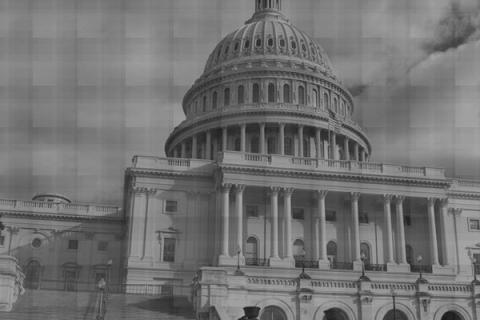With the economy still stagnant and job growth the first priority of most Americans, and with Californians some of the hardest hit in both the private and public sector, bad economic news is something the state can ill afford to hear. Yet, unfortunately, more bad news came down the pike this Monday when CNS News released an article showing that when taxes are raised, the first to be hit are not the ultra-rich, as left-leaning politicians suggest, nor the very poor, but rather the middle class.
This information was recently ascertained when the Congressional Budget Office (CBO) released a new study finding that middle-class households paid an absolute majority of tax revenue in the fiscal year 2007 (the last year on-record). According to the study:
“Middle-class households that earned between $34,300 and $141,900 paid 50.5 percent of all federal tax revenues in 2007 (the most recent year analyzed)…and households that earned between $34,300 and $352,900 paid 66.7 percent of all federal taxes. Households in the top 1 percent for annual income (those earning more than $352,900) paid a healthy 28.1 percent of all federal taxes, but households in the lower income brackets paid relatively little. Those earning less than $34,300 paid only 5.2 percent of all federal taxes, and those earning less than $20,500 carried almost none of the federal tax burden (just 0.8 percent of the total) in 2007.”
This data would be alarming to any observer, but Californians especially have reason to be worried. With national inflation hovering at or near its highest rate since the recession began, and with the unemployment rate still tragically high, Californians could see their finances crushed between the forces of bracket creep and an uncertain economy. Investors could fare even worse, as earners with enough capital to invest in small business and/or entrepreneurship could see their earnings eaten away by a top marginal tax rate of as much as 25% on income above $74,700.
These effects will accrue even without mentioning the Alternative Minimum Tax (AMT), which has been singled out for reform across party lines due to its regressive nature. Under any circumstances, a tax as dysfunctional as the AMT would be cause for concern. However, in the context of a tax code which taxes middle-earners overwhelmingly to subsidize those making less than $34,300 (who paid an average tax rate of -0.4 percent, according to the article), this tax is potentially toxic.
While the purpose of the AMT was originally to make sure that very high income earners paid their fair share, the program has since lost any resemblance to this original, politically popular goal. The largest problem with the AMT is its assessment method, which is not indexed to inflation, and uses an automatic income cutoff which is decades-old, thus erroneously marking middle-class income earners as too rich to tax according to normal rules.
Californians, many of whom work in areas with artificially inflated housing prices, and thus live with artificially inflated salaries, are especially likely to be hard hit by this tax, and thus the State’s economy is far more likely to suffer from the dysfunctional nature of both the AMT and the system under which the Federal tax code operates.
Moreover, the fact that the State government currently provides fewer services while taxing its citizens heavily is a dangerous situation for the AMT to exist in, because it only takes a bout of mass migration to wipe out California’s primary revenue source.
With the state still unable to pass a budget, this is a critical issue, and voters should demand action from their legislators.

